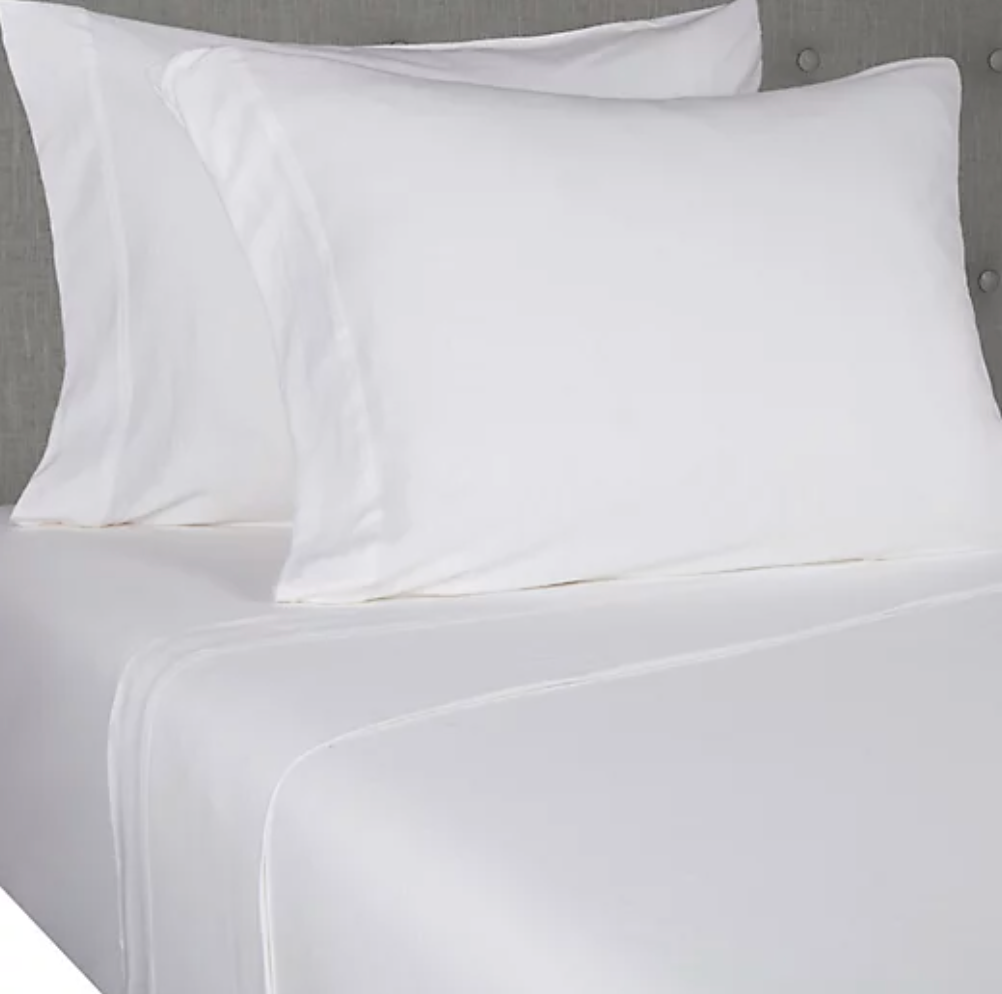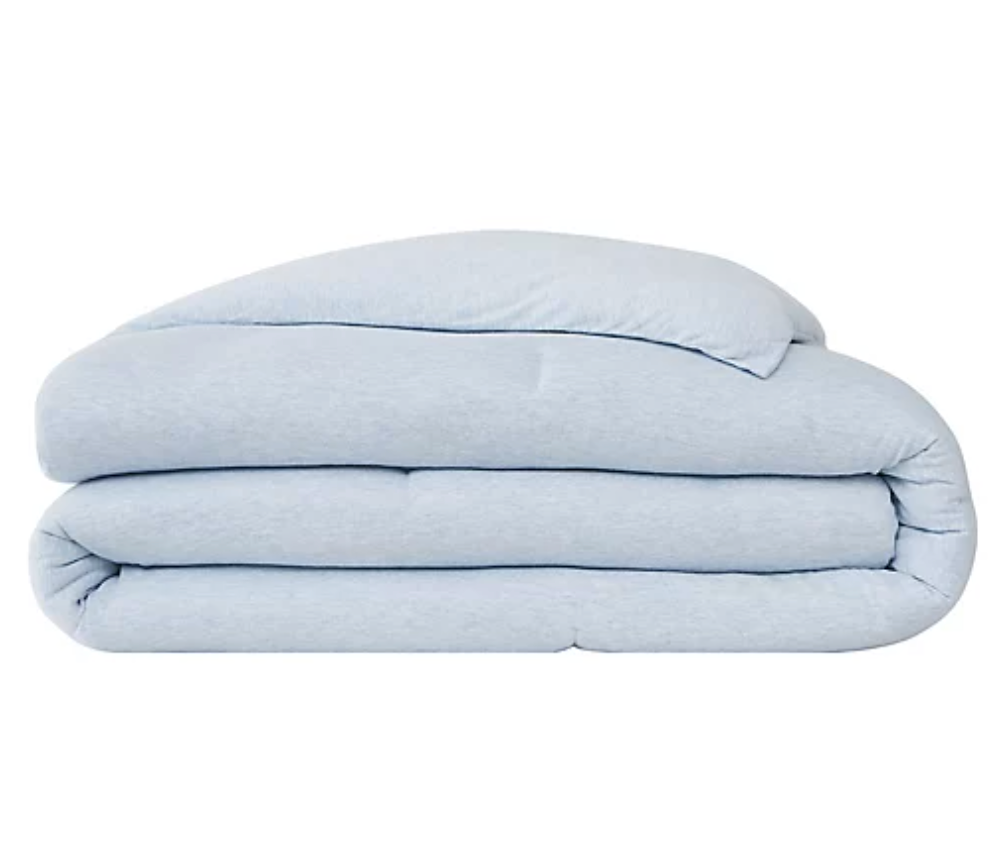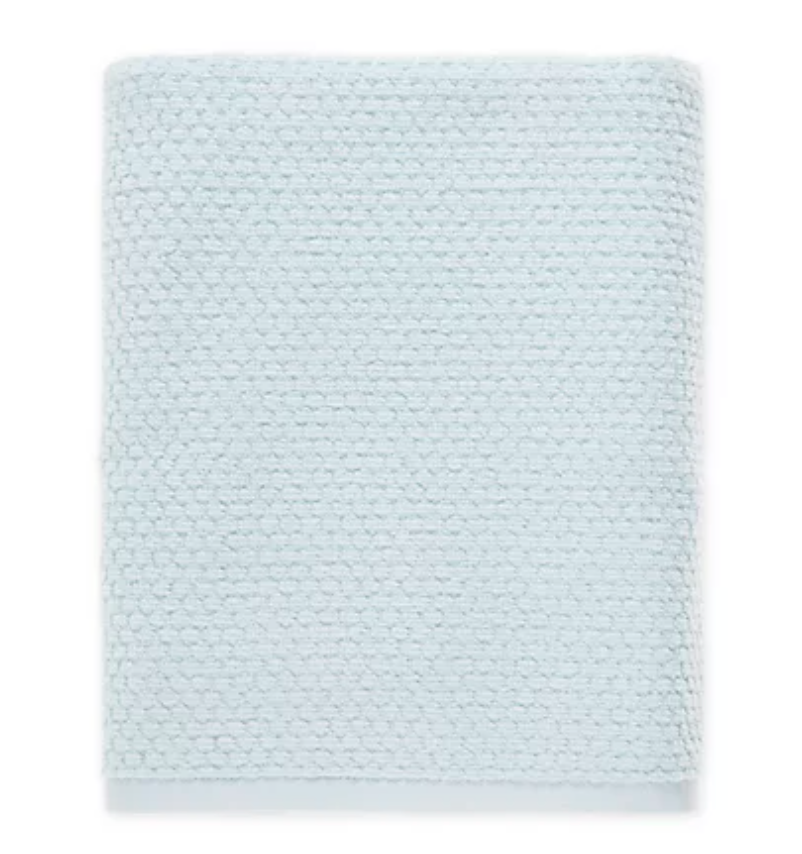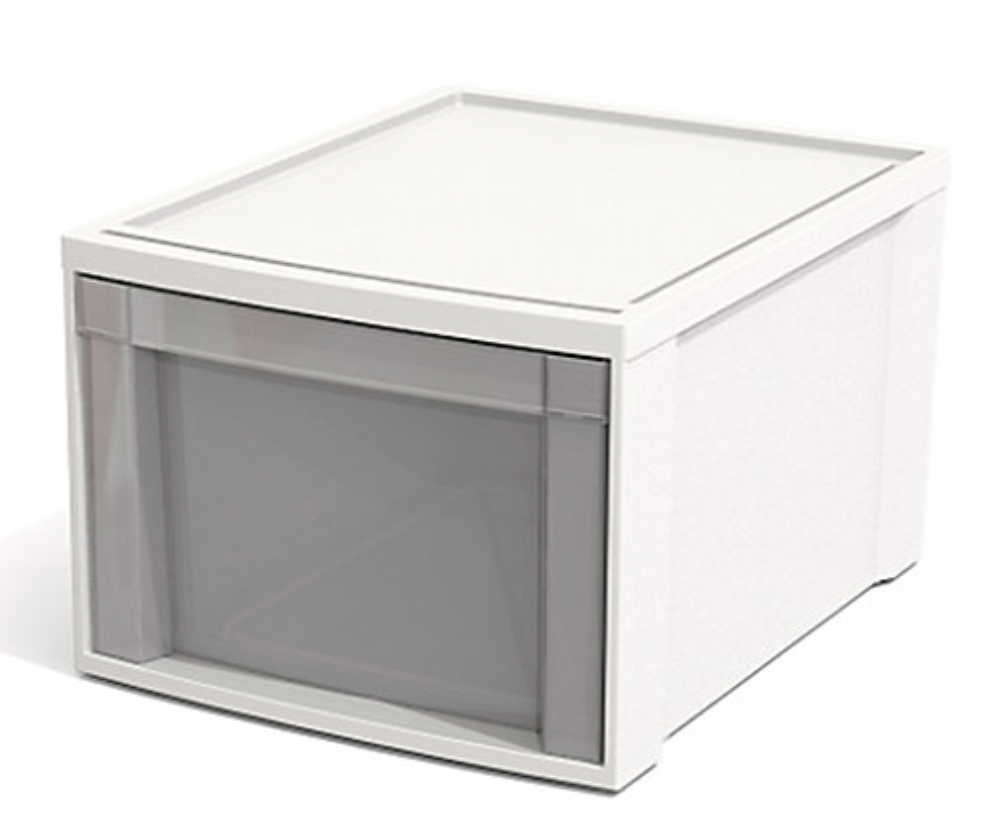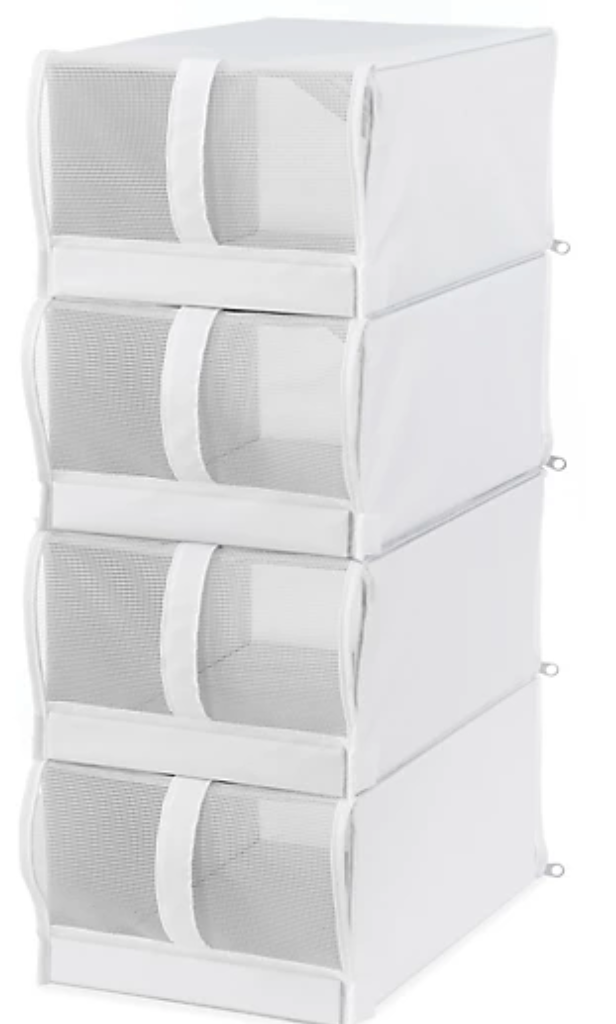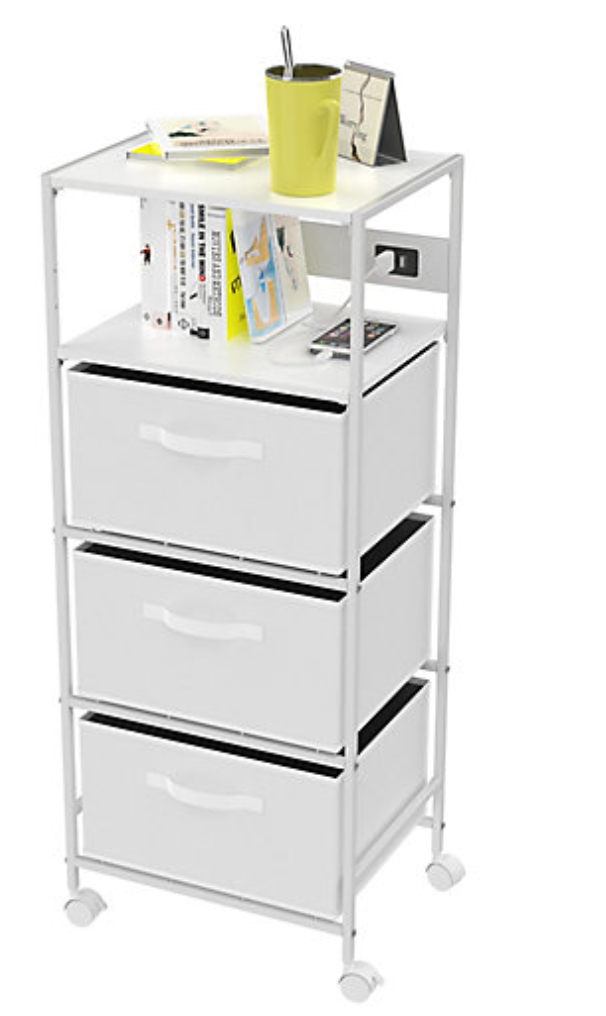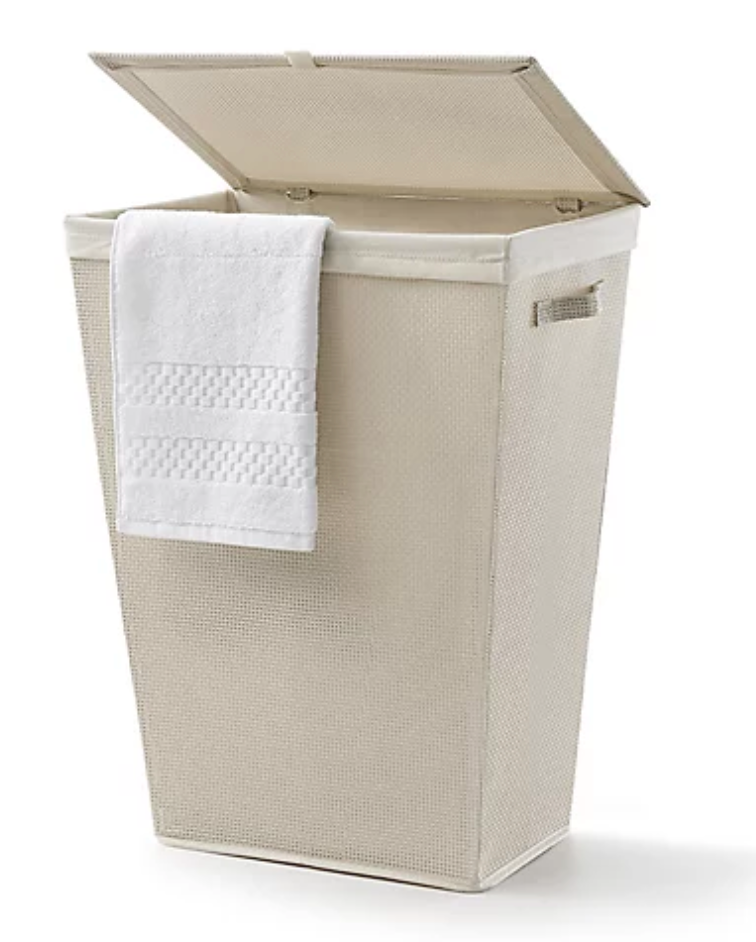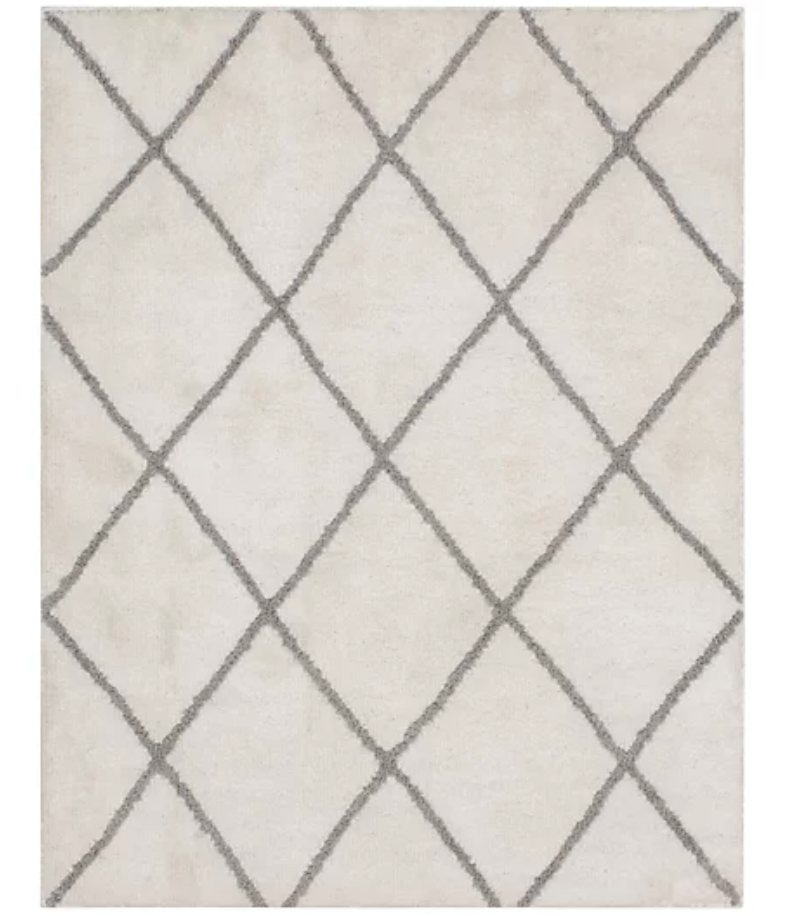You don’t need to be a feng shui expert, an interior designer, or a psychologist to instinctively know that a drab, unkempt living space might not usher in the most positive vibes. But when it comes to actually harnessing “good energy,” the task can feel as confounding as, say, attempting to define “love.”
First, it helps to know what “good energy” means. “It’s a feeling of light (illumination) and lightness (weightlessness) — it’s when you feel everything is possible and you’re most productive, but in the same breath, you are restful and peaceful,” explains Priya Sher, who has been studying feng shui — the ancient Chinese philosophy of arranging objects in a space to create harmony and balance — for 21 years, having learned the ins and outs of it with Grand Master Chan Kun Wah whose lineage goes back to the Song Dynasty. “When you have good energy in your living space, you can lead a healthy and prosperous life. Any space you spend time in you will absorb its energy. Just as the energy of people you spend time with rubs off on you, so does the energy of a space.”
AdvertisementADVERTISEMENT
And that energy can have an immense impact on your mental health and productivity, which, for a college student, has an even greater effect when you’re faced with looming deadlines, the pressure to excel, and the daunting task to figure out a post-grad career that makes the most sense in an increasingly fraught world. Sher offers up an example that best illustrates the relationship between your space and mental well-being: Imagine spending a week in a small, windowless room with black walls — you’d feel subdued, sad, desperate to escape. When you do leave, being in the sun would be blinding. It would be almost painful.
“The longer we stay in a negative space the longer it takes to adapt to a positive space — both physically and mentally,” Sher continues. “When you’re a college student, you need to take care of your energy so that you can maximize productivity; exams and assessments can drain your energy. If your space supports you, then you have more vitality and your mind is sharper and that will reflect in the work you do.”
To harness, nurture, and protect the positive energy in your space — your dorm room or otherwise — we’ve compiled Sher’s easy-to-apply tips, along with storage solutions from Bed Bath & Beyond, below.
Prioritize the position of your bed
The bed is the most important — everything else in your room revolves around it — because “without a restful sleep, you cannot work at your fullest potential,” says Sher, who recommends positioning the bed diagonally opposite the bedroom door, which is also known as the “command position,” with a wall behind your head to provide support and protection.
AdvertisementADVERTISEMENT
What you should avoid: having a window behind the head of the bed (if that’s unavoidable, make sure you have a headboard and a thick curtain you can draw to protect you from any draft), having a door right in front of the foot of the bed, installing shelves above the bed because it’s associated with headaches and feelings of pressure (if this is also unavoidable, Sher suggests covering the shelves with a voile fabric to soften them), placing a large mirror opposite your bed (if you do have one, cover it with a cloth before you sleep to prevent it from “overstimulating the energy, which can cause a disturbance to your sleep”), and keeping electronics close to your bed (they should be at least a foot away from you when you sleep, with your phone’s screen faced down, Sher says, otherwise they can deplete your energy over time).
And to promote better sleep, Sher recommends placing an orchid on a small nightstand next to your bed — “orchids release oxygen at night, so they’re perfect for the bedroom.”
Keep your desk clutter-free
After the bed, the desk is the second most important piece of furniture (and also, quite frankly, the only other piece of furniture in your dorm). Because rooms are so small, Sher believes the desk will likely be placed against a wall. “But avoid having your back to the door,” she advises, “as when your back is to the door you cannot welcome opportunities. In front of your desk place a vision board or an image that inspires and stimulates your mind.”
AdvertisementADVERTISEMENT
Since you won’t have the support of a wall behind your back, Sher recommends a desk chair with a high back to lend that support.
Finally, always keep your desk neat and organized. “When the desk is cluttered, the mind is cluttered, and you cannot be productive with a cluttered mind,” says Sher, who suggests placing a small green plant, like a peace lily, at the top left section of the desk to soak in electromagnetic toxins from your computer. “Before sleeping, clear the central section of your desk so that the energy is clear and doesn’t stagnate.”
Make that your entire room
Not only should you keep your desk free of clutter, but your entire room as well, “so that the energy can circulate and nourish you,” Sher says. “Accumulation of clutter and having a lot of mess — like piles of dirty clothes — can stagnate the energy.”
This is where smart storage solutions come into play — ideally ones that aren’t open and can function as another when they’re closed, like a table you can store books in. This “out of sight” mindset also applies to shoes and garments; keep them in closed closets, because Sher says open racks can stagnate the energy and make a small room feel claustrophobic. Use the space under the bed to store clean linens and towels — not shoes or books — and keep them in neat storage boxes or bags.
The overall effect? “A room that feels more peaceful,” she says.
AdvertisementADVERTISEMENT
shop 4 products
Soften your room’s color palette
If Sher had to pick, the best color for a dorm room would be light green — it’s the “color of freshness and mental nourishment,” she says. “It’s the color associated with learning and education. And it’s peaceful.”
Introduce the soothing shade by injecting pops of it throughout your room via a rug, bedsheets (ideally cotton or silk), or artwork (positive pieces that will inspire joy). But if, for whatever reason, you detest green, reach for pastels — as opposed to vibrant hues — because they’re the best for fostering a calm atmosphere in the bedroom.
Pay attention to the details
Little changes can make all the difference between a negative vibe and a positive one. Your trash can, for one, should have a lid, and it must be placed away from the door (and it should be emptied every day — Sher says the accumulation of trash will affect the energy). And speaking of doors, it’s important for you to invest in the upkeep of your dorm room door (well-oiled hinges, a clean surface, polished fixtures) to encourage opportunities.
For protection against harm or negative forces, Sher says to three bamboo stems in a clear vase of water on the window ledge. Plants in general promote good energy, so long they’re cared for — dead plants can affect the vibe, so remove them immediately if they die.
To prevent stagnant energy, open the window for a few hours every day for circulation (“the air we breathe,” Sher says, “impacts our energy levels). And to cleanse the space, burn incense sticks or sage every few weeks, but if dorm regulations don’t allow for that, buy a metal Tibetan singing bowl — the sound of metal can purify the energy, too.
“My mantra is: When you look after your space your space looks after you,” Sher says. “When you balance your space your space balances you.”
AdvertisementADVERTISEMENT








